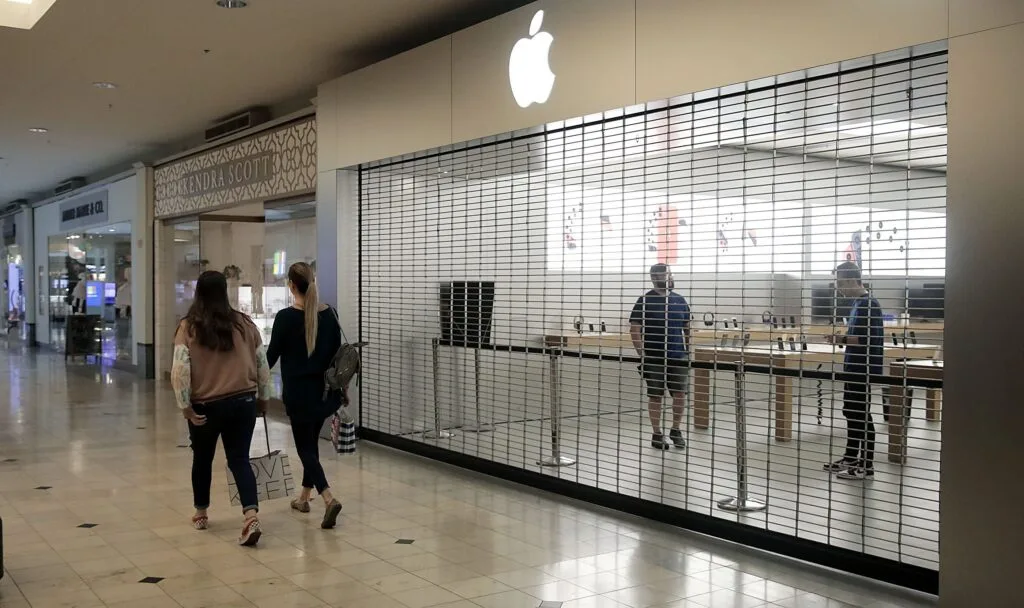Coronavirus Responses Trigger Anxiety, Distress for Vulnerable Oklahomans

March 19, 2020
Share
Her speech quickens and her heart races as Sarah talks about the spread of COVID-19 and how it could affect her brother, whose medical history makes him more vulnerable to infection.
Sarah, a Norman, Oklahoma resident who asked that her last name not be used, has depression that is brought on by stress. According to her journal, she has been anxious and fighting insomnia for weeks – signs that her depression has returned.
“I’ve been in the house for five days now and I’m so keyed up,” Sarah said. “I’m trying not to let myself spiral.”
Increasing closures and restrictions in response to the coronavirus can be triggers for anyone with mental illness. Oklahoma counselors and therapists are anticipating a flood of scenarios like Sarah’s in the coming weeks and months.
State and federal officials are recommending, and in some cases ordering, social distancing and isolation as a way to slow the spreading infection. But for people fighting depression, anxiety or other mental illness, isolation can be more frightening than the virus.
Continue reading on Oklahoma Watch.
Latest Documentaries
Explore
Policies
Teacher Center
Funding for FRONTLINE is provided through the support of PBS viewers and by the Corporation for Public Broadcasting, with major support from Ford Foundation. Additional funding is provided the Abrams Foundation, Park Foundation, John D. and Catherine T. MacArthur Foundation, Heising-Simons Foundation, and the FRONTLINE Trust, with major support from Jon and Jo Ann Hagler on behalf of the Jon L. Hagler Foundation, and additional support from Koo and Patricia Yuen. FRONTLINE is a registered trademark of WGBH Educational Foundation. Web Site Copyright ©1995-2025 WGBH Educational Foundation. PBS is a 501(c)(3) not-for-profit organization.



















